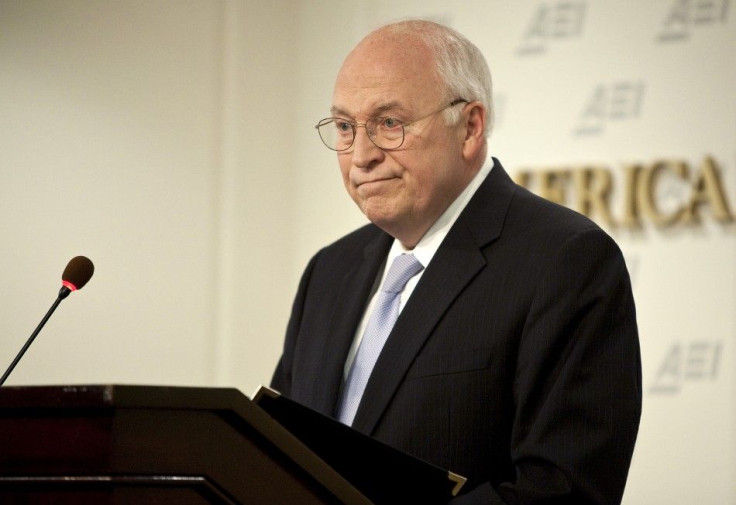Cheney Too Old For A New Heart? Not So, Say Docs

Dick Cheney, at 71, was at the older end of heart transplant recipients and sparked a debate as to whether the former U.S. Vice President was too old for the procedure. But when it comes to transplants, age isn't necessarily a discriminating factor, experts say.
Some transplant centers, such as the University of Maryland Medical Center, say patients may be excluded from a heart transplant if they are over 65 years old.
But age in potential heart recipients is all relative, says Kimberly Parks, a cardiologist specializing in cardiac transplantation and advanced heart failure at Massachusetts General Hospital. One of the major deciding factors is whether a patient has other health issues besides their heart trouble, Parks says.
Health isn't age-specific; Parks says she sees patients in their early 50s that are far more sick than people in their 70s.
Other considerations exist such as blood type. Patients with AB blood can accept a heart from any other blood type and often match the quickest. Size becomes another factor: the heart from a very tall person cannot be transplanted into a more petite patient, and vice-versa, according to Parks.
Inova Fairfax Hospital in Virginia, where Cheney received his new heart, performed 19 cardiac transplants in 2011, according to data from the Organ Procurement and Transplantation Network. Two of those hearts went to patients aged 65 years or older.
Generally, a transplanted heart is anticipated to live on for about 10 to 15 years, according to Parks.
Centers used to be more reluctant to give hearts to older patients, but attitudes changed due to an increase in life expectancy over the last few decades coupled with similar survival and quality of life rates for elderly transplant recipients compared to younger recipients.
In a 2008 study, older heart transplant patients had higher rates of infection but lower rates of rejection compared to younger patients.
Johns Hopkins University School of Medicine cardiologists examined data on 14,401 heart transplant patients in the database of the United Network for Organ Sharing, a non-profit that manages the US national transplant waiting list.
Though patients older than 60 years had lower survival rates, the cumulative 5-year survival rate of 70 percent was acceptable enough to justify heart transplantation, according to the study authors.
Heart transplantation should not be restricted based on age, as encouraging long-term results exist, the Johns Hopkins researchers wrote.
Though Cheney's office says he's recovering fine, he isn't quite out of danger yet. About 30 percent of heart transplant recipients will develop some sort of rejection of the donor heart, Parks says.
Patients take drugs to suppress their immune system in order to combat the possibility of rejection, but these drugs can also lead to the development of cancers.
Cheney, who has survived five heart attacks, received a ventricular assist device in 2010 - not a fully artificial organ, but a mechanical device that helped his failing heart pump blood. He spent more than 20 months on the waiting list for a new heart, which came from an anonymous donor.
Young or old, most heart transplant candidates are hanging on hope; as of Tuesday morning, there were 3,156 patients in the US waiting for a heart, according to UNOS.
© Copyright IBTimes 2025. All rights reserved.





















